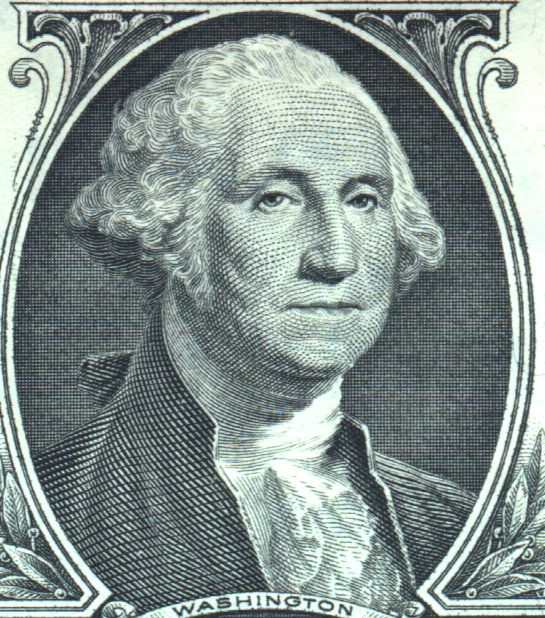“Mobs of rioters and demonstrators threatening banks and legislatures . . . . Strikes and unemployment . . . . Bankruptcies everywhere. Court dockets overloaded . . . . The wheels of government are clogged, and we are descending into the vale of confusion and darkness. No day was ever more clouded than the present. We are fast verging on anarchy and confusion.”
- George Washington
The United States faces staggering debt. John Avlon’s CNN Commentary discusses the Senate’s attempts to rise to the challenge. The piece presents some frightening facts about our current crisis:
“Every day the United States adds $4 billion to our national debt. We need to raise the debt ceiling this spring or America will default on its payments to creditor nations like China, which is using U.S. interest payments to fuel its rise while we borrow money to just pay for benefits to an aging population. Chairman of the Joint Chi efs Adm. Mike Mullen has described our national debt as the greatest national security threat facing our nation, and it’s easy to see why: The world’s biggest debtor nation cannot remain the world’s sole superpower indefinitely.”
efs Adm. Mike Mullen has described our national debt as the greatest national security threat facing our nation, and it’s easy to see why: The world’s biggest debtor nation cannot remain the world’s sole superpower indefinitely.”
Ironically, our current government was created to help solve our country’s dept woes. One of the impetuses of the Constitutional Convention was the fledgling United States’ inability to pay its postwar debt.
After winning the Revolutionary War, the country was in dire economic straits. The fragile nation was not only deeply indebted to her French allies but also owed vast sums to her own American patriots who had given their guns, rations, and even blood in service to the war effort. However, despite the country’s terrible need for these funds, Congress had little means of obtaining them. The national government had little power and proved ineffective in getting the states to work together. The states were like little quarrelsome nations and Congress was unable to organize a united approach towards solvency. Instead, Congress and the states tried to print more money to pay off the debts, but this sparked massive inflation and more economic chaos. Finally, this crisis contributed to the Founding Fathers’ decision to write a new Constitution, which set up the government we have today.
While the Founding Generation was forced to scrap their government and create a new one, we need not go to such an extreme. We can thank our Founding Fathers for leaving us with a democratic system that can be used to combat our fiscal woes - again. We can work with their same incredibly adaptable Constitutional processes to fix our debt today.
Perhaps we can learn from our founding fathers: deliberate and decisive action is needed in order to make American thrive.
